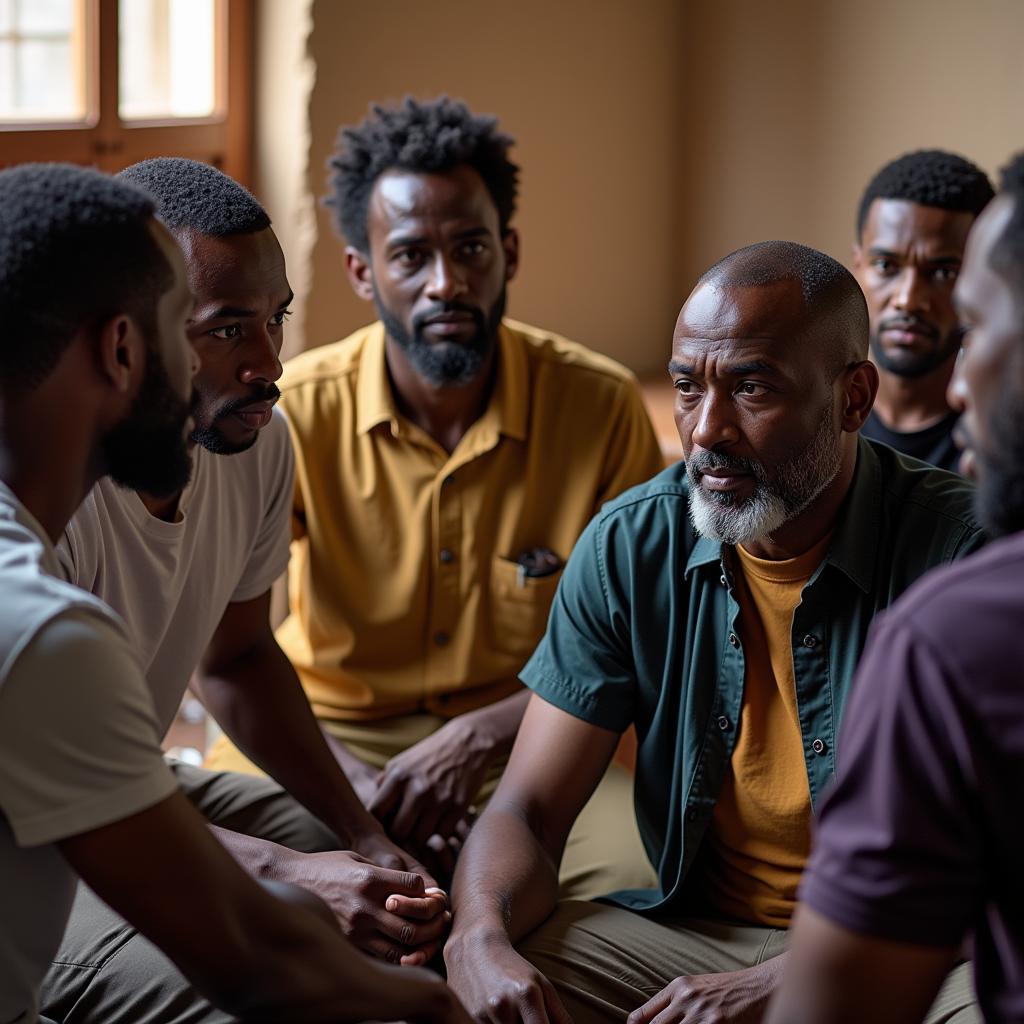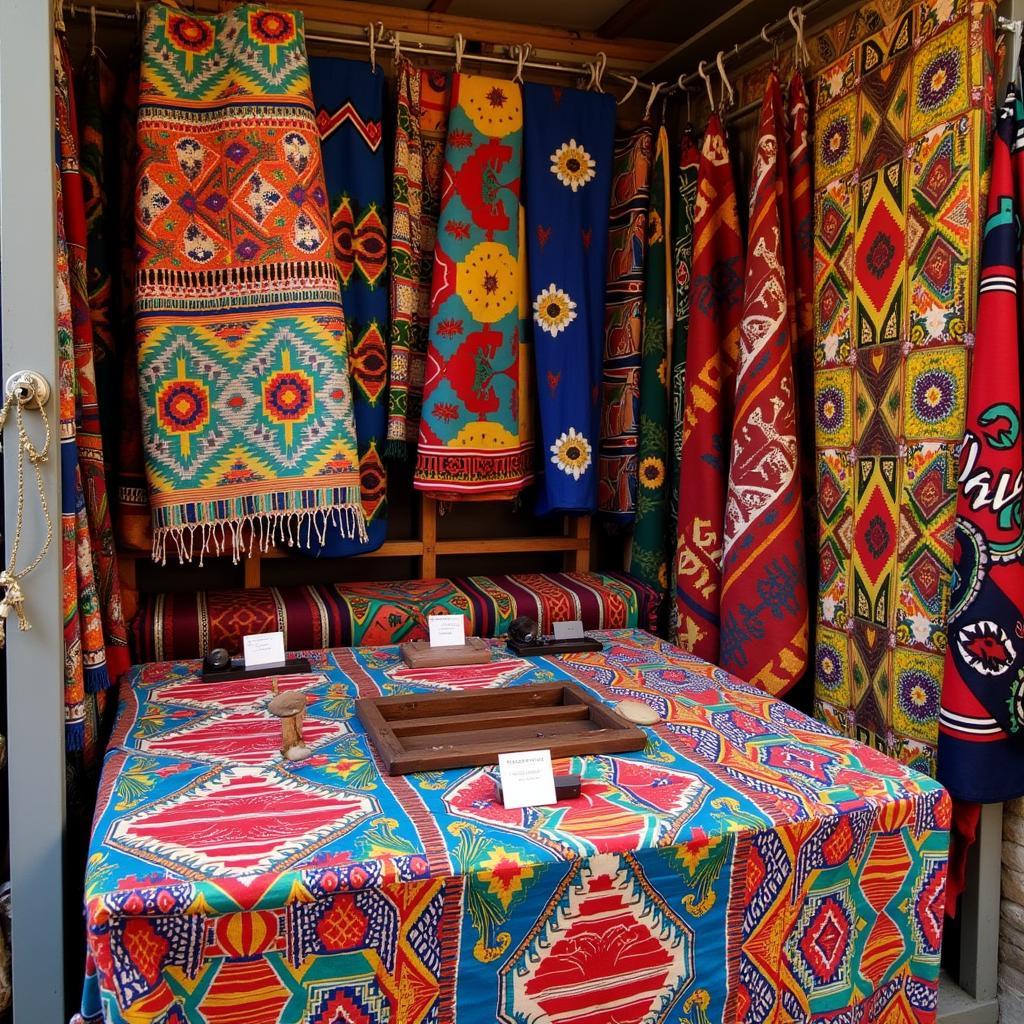Exploring African Dictionary Words: A Journey Through Language and Culture
African Dictionary Words offer a fascinating glimpse into the diverse cultures and rich history of the continent. From ancient languages like Swahili and Zulu to more recent dialects, these words carry meaning and significance beyond their literal translations. Exploring these linguistic treasures unveils a deeper understanding of African traditions, beliefs, and worldviews. Let’s delve into the captivating world of African lexicon and discover the stories they tell.
Unveiling the Rich Tapestry of African Languages
Africa boasts an incredible linguistic diversity, with an estimated 2,000 languages spoken across its 54 countries. These languages belong to various families, including Afro-Asiatic, Niger-Congo, Nilo-Saharan, and Khoisan. This linguistic richness reflects the continent’s complex history of migration, trade, and cultural exchange. Each language, with its unique vocabulary and grammatical structure, offers a unique perspective on the world. For example, the word “Ubuntu,” originating from the Nguni Bantu languages, embodies the philosophy of interconnectedness and shared humanity, a concept deeply rooted in many African cultures. Learning about these languages and their vocabulary is crucial to appreciating the depth and breadth of African cultural heritage. This journey through African dictionary words will not only expand your vocabulary but also broaden your understanding of the continent’s diverse cultures.
As a start, check out some online resources such as this African dictionary. It can be helpful for beginners.
Why are African Dictionary Words Important?
African dictionary words hold immense importance for several reasons. They are not mere tools for communication but also vessels of cultural knowledge, historical memory, and philosophical thought. By studying these words, we gain insights into the values, beliefs, and customs of different African communities. Moreover, understanding African languages empowers us to engage more meaningfully with the continent’s literature, music, and other art forms. It also fosters cross-cultural understanding and appreciation. Preserving and promoting African languages is essential for safeguarding cultural heritage and ensuring its transmission to future generations.
Delving into Specific African Dictionary Words
Exploring specific African dictionary words reveals the nuanced meanings and cultural significance embedded within them. For instance, the Swahili word “Safari,” meaning journey, has become a global term synonymous with African adventure. The Zulu word “Ubuntu,” meaning humanity, encapsulates the philosophy of interconnectedness and shared humanity. These words, and countless others, offer a window into the rich tapestry of African thought and experience. They provide a deeper understanding of the values, beliefs, and worldviews that shape African societies. By learning these words, we can begin to appreciate the depth and complexity of African cultures.
Are there tools to help with understanding different African languages? Yes, there are several resources available. You might be interested in African converter language online.
How to Learn More African Dictionary Words
There are various resources available for those interested in learning more African dictionary words. Online dictionaries, language learning apps, and cultural websites offer a wealth of information. Engaging with African literature, music, and film can also enrich your understanding of the languages and their cultural contexts. Connecting with native speakers and immersing yourself in African communities provides an invaluable opportunity to learn firsthand. By actively seeking out these resources and experiences, you can embark on a fascinating journey of linguistic and cultural discovery.
Dr. Amina Mohamedi, a renowned linguist specializing in African languages, emphasizes the importance of cultural immersion: “The best way to truly understand the meaning and nuances of African dictionary words is to experience them in their cultural context. Immersing yourself in the language and interacting with native speakers brings the words to life.”
The Future of African Languages in a Globalized World
In an increasingly globalized world, preserving and promoting African languages faces challenges and opportunities. While the dominance of global languages can pose a threat to linguistic diversity, there is also a growing awareness of the importance of cultural preservation. Digital technologies offer new avenues for language learning and documentation, connecting communities and facilitating cultural exchange. By embracing these opportunities and actively supporting language revitalization efforts, we can ensure that the rich linguistic tapestry of Africa continues to thrive for generations to come. You can learn more about the importance of cultural awareness in this article about a beautiful African accountability practice.
Professor Kwame Nkrumah, a respected scholar of African history and culture, highlights the significance of language preservation: “African languages are not just words; they are repositories of history, wisdom, and cultural identity. Preserving them is crucial for ensuring that future generations have access to their heritage.”
In conclusion, exploring African dictionary words is a journey into the heart of the continent’s diverse cultures and rich history. From ancient languages to modern dialects, these words carry meaning and significance beyond their literal translations. By learning these words, we gain insights into the values, beliefs, and worldviews that shape African societies. Preserving and promoting these languages is essential for safeguarding African cultural heritage and ensuring its transmission to future generations. Remember, understanding African dictionary words is a key to unlocking a deeper appreciation for the continent’s vibrant cultural tapestry.
FAQ
- How many languages are spoken in Africa? Over 2,000 languages are spoken across the African continent.
- What is the largest language family in Africa? The Niger-Congo language family is the largest in Africa.
- What is the meaning of “Ubuntu”? Ubuntu, from the Nguni Bantu languages, means “humanity” and emphasizes interconnectedness.
- Where can I learn more about African languages? Online dictionaries, language apps, and cultural websites offer valuable resources.
- Why is it important to preserve African languages? Preserving African languages safeguards cultural heritage and promotes linguistic diversity.
- What are some examples of widely spoken African languages? Swahili, Yoruba, Zulu, Amharic, and Hausa are some widely spoken African languages.
- How can I support African language revitalization efforts? Supporting language learning initiatives and cultural exchange programs can contribute to language revitalization.
Need Help with African Languages?
Do you need help understanding African languages? Maybe you’re interested in exploring the cultural connections between African Americans and their heritage. Check out these resources: African American translator and information about the African American old man.
For further assistance, please contact us:
Phone: +255768904061
Email: kaka.mag@gmail.com
Address: Mbarali DC Mawindi, Kangaga, Tanzania
Our customer service team is available 24/7.


